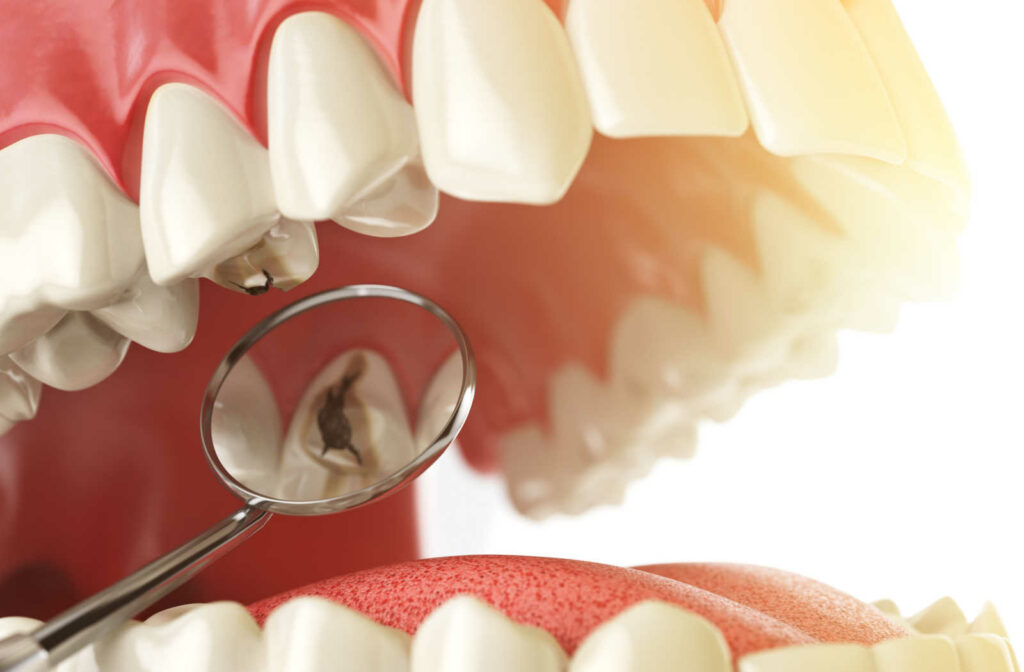Why No Dairy After Dental Implant: Unveiling the Truth
After dental implant surgery, it is best to avoid consuming dairy products due to their potential negative impact on healing. Dairy products can be high in lactose, which can cause digestive disturbances and may lead to complications during the healing process of dental implants.
In addition, some dairy products, such as hard cheeses, may be difficult to chew and can put unnecessary strain on the implant area. It is important to follow the instructions given by your dental surgeon to ensure optimal healing and success of your dental implant procedure.

Credit: wnbf.com
Understanding The Impact Of Dairy On Dental Implants
Understanding the impact of dairy on dental implants is crucial for the healing process. Dairy has been linked to post-surgical infections, making it important to avoid it after getting dental implants. Consuming dairy products can negatively affect the healing process and increase the risk of complications.
It is advisable to stay away from dairy as it may hinder the proper recovery of dental implants. By eliminating dairy, individuals can reduce the likelihood of inflammation and infections that could potentially compromise the success of their dental implant surgery.
It is essential to prioritize the healing process and follow the recommendations of dental professionals to ensure the best possible outcome for dental implant procedures.
Alternative Nutritional Options During The Healing Period
During the healing period after a dental implant, it’s important to explore alternative nutritional options that support the healing process. One concern is ensuring sufficient intake of calcium without relying on dairy products. Fortunately, there are plenty of non-dairy sources of calcium to choose from.
Leafy green vegetables, such as kale and spinach, are excellent sources of calcium. Other options include almonds, fortified plant-based milks, and tofu. Incorporating these foods into your diet can help maintain strong bones and support the healing of your dental implant.
Remember to consult with a dental professional to determine the best nutritional choices for your specific needs. Prioritizing alternative sources of calcium during this crucial healing period can contribute to the success of your dental implant and overall oral health.
Tips For A Smooth Recovery Without Dairy
After getting dental implants, it is important to adhere to a dairy-free diet for a smooth recovery. By following these recommendations, you can manage your dairy cravings and find healthy alternatives. There are various non-dairy options available that can still provide the necessary nutrients.
For calcium, consider consuming green leafy vegetables, fortified non-dairy milk, and nuts. Yogurt can be replaced with coconut or almond milk-based yogurt. Cheese lovers can try vegan cheese made from nuts or soy. Additionally, it is essential to read food labels carefully to ensure they are free from dairy products.
By making these adjustments, you can ensure proper healing and avoid any potential complications. So, say goodbye to dairy temporarily and discover the wide range of dairy-free options available to support your dental implant recovery.
Conclusion
Avoiding dairy products after a dental implant procedure is essential for a successful recovery. Dairy foods can interfere with the healing process and promote the growth of harmful bacteria. Moreover, the high protein content in dairy products may lead to inflammation and discomfort in the surgical area.
By eliminating dairy from your diet during the healing period, you can minimize the risk of complications and ensure the longevity of your dental implant. Instead, focus on consuming a well-balanced diet rich in vitamins, minerals, and protein from non-dairy sources such as fruits, vegetables, lean meats, and legumes.
Remember to consult with your dentist or oral surgeon to understand specific dietary guidelines and restrictions tailored to your individual needs. Prioritizing your oral health and following these recommendations will contribute to a successful dental implant outcome, allowing you to enjoy a healthy and functional smile for years to come.





